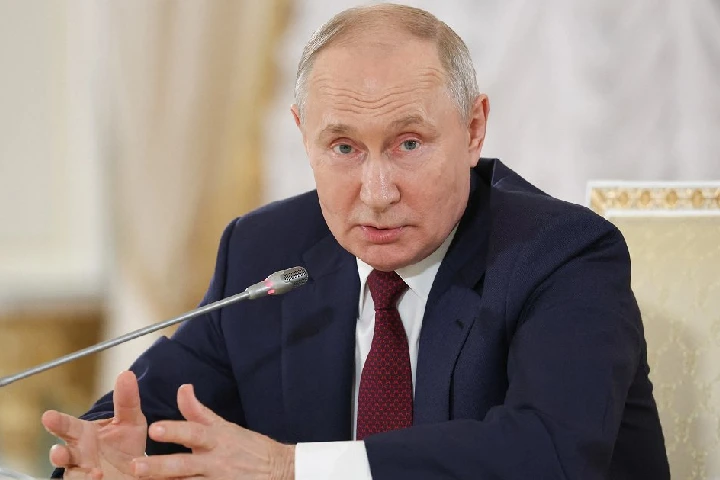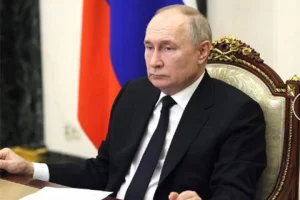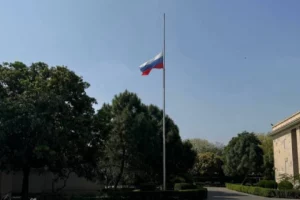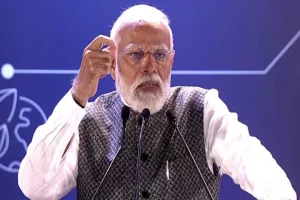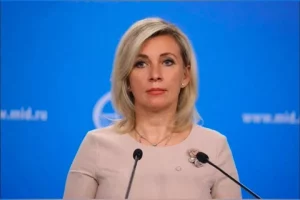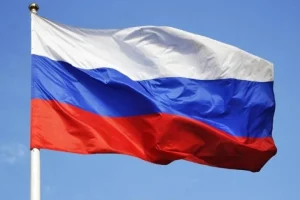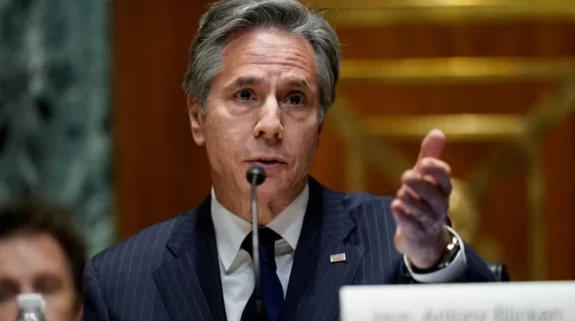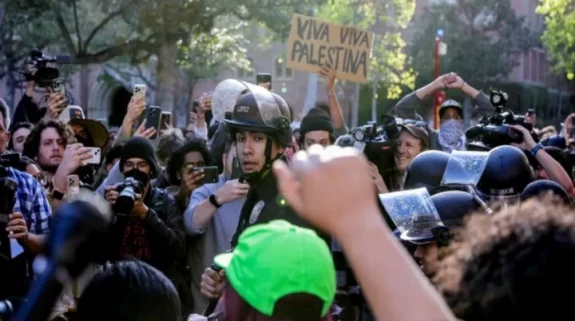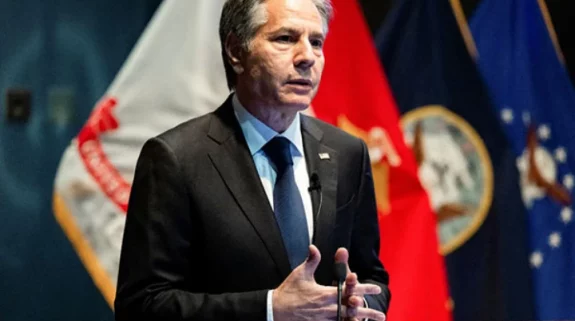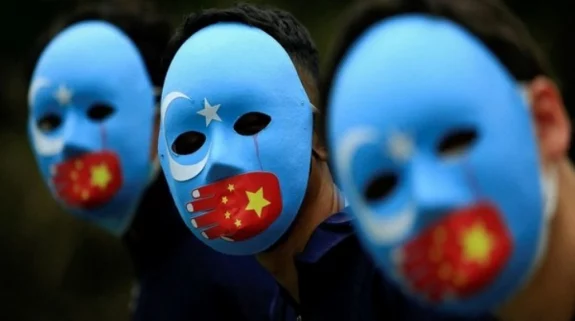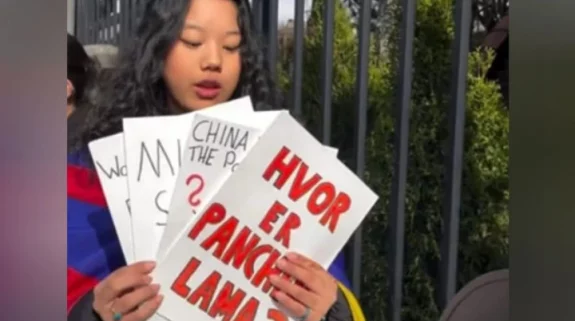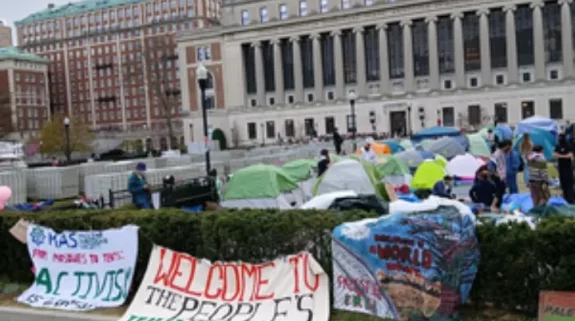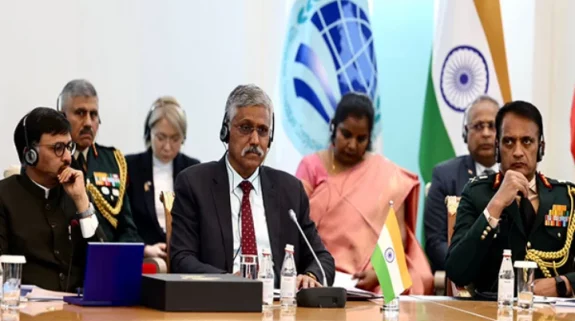The Russian Federation Council unanimously agreed to officially designate March 17, 2024, as the date for next year’s presidential election at a plenary meeting on Thursday, Russian state-owned news agency TASS reported.
The Federation Council, or Senate, is the upper house of the Federal Assembly of Russia. Incumbent PPresident Vladimir Putin is very likely to run for office again, according to reports.
The Senate stated that the resolution comes into force on the date of its official publication.
Chair of the Federation Council Committee on Constitutional Legislation and Statehood, Andrey Klishas told TASS that the resolution coming into effect would actually give a start to the election campaign.
In addition, the Russian Central Election Commission can decide on holding a multi-day vote within ten days after the resolution is published, with such a potential decision being irreversible, he specified, according to TASS.
Under Russian election law, officially designating the dates of elections in Russia is the prerogative of the Federation Council. The senators must set the election date no earlier than 100 days and no later than 90 days prior to the vote.
Russia set March 17, 2024, as the date of the next presidential election, paving the way for a campaign in which Vladimir Putin is widely expected to seek a fifth term. https://t.co/HvDIR7aGGT
— Bloomberg (@business) December 7, 2023
Meanwhile, Russian President Vladimir Putin recently approved changes to a law that will curtail media coverage of next year’s presidential election, Al Jazeera reported citing local news agencies.
As per Al Jazeera, the 71-year-old president, who has led the country for 24 years, is expected to stand for another six-year term. Putin has not officially declared he will run, saying he will announce that only after Parliament formally sets the election date.
According to reports, the changes Putin approved limit coverage of Central Election Commission sessions to registered media outlets, which could exclude freelancers or independent journalists.
The amendments prohibit the media from reporting on the commission’s actions at military bases or in areas under martial law without advance clearance from regional and military authorities, as per Al Jazeera.
They also bar the publication of any campaign content on “blocked sources”, referring to restricted websites and social media services.






